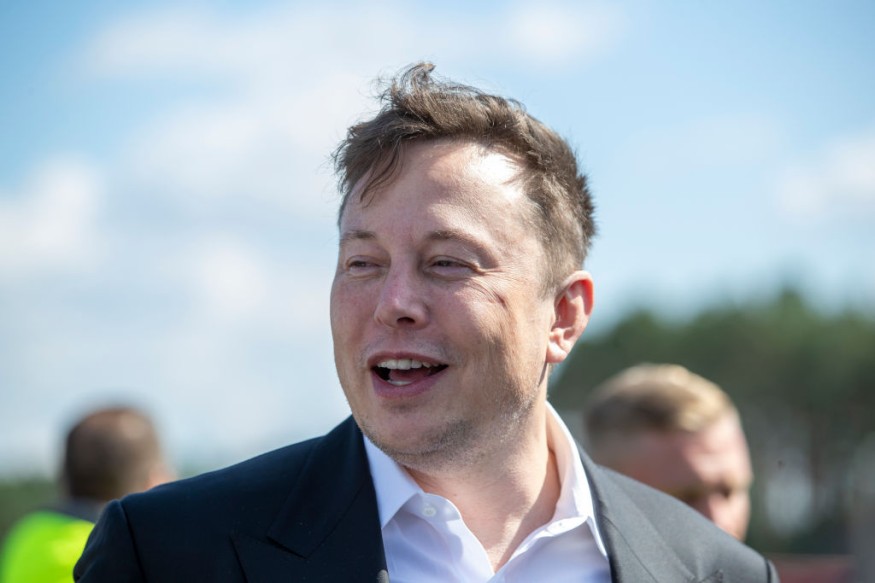Elon Musk Becomes $13 Billion Richer in Just a Week as Tesla Stock Recovers

Tesla CEO Elon Musk has become $13 billion richer in just a week as Tesla stocks rise to 19 percent from September 11 to 18.
This was a sharp recovery from September 8's 21 percent stocks that plunged when Tesla was unexpectedly not included in the S&P 500 index.
The marked rise in Tesla stocks came just a few days ahead of "Battery Day" slated for September 22, wherein Elon Musk will be announcing Tesla's newest innovations.
According to an article on Forbes, Musk announced on September 11 via social media that many exciting things will be revealed during the Battery Day.
Musk's post had the analysts speculating what these "many exciting things" could be, with Morgan Stanley analyst Adam Jonas, saying that an announcement of things like a million-mile battery or a big jump in battery production capability could change the narrative for Tesla.
Latin Post had written that fellow billionaire Bill Gates had cast doubts on the viability of electric trucks in his blog last month. Gates explained that he is dubious about electric vehicles' potential as long-haul vehicles and pointed to the batteries as being the problem.
Gates' opinion prompted Elon Musk to call him clueless.Daniel Ives, a Wedbush analyst, said that Tesla would be able to get more profits if it would bring its cost of production below a threshold of $100 per kilowatt-hour.
Aside from battery manufacturing, Ives said that stronger sales in China could be an area of growth for the automaker. Ives added that Chinese consumers could become 40 percent of Tesla's market by the start of 2022.
Becoming $13 billion richer is perhaps an ordinary week for the Tesla CEO as his other inventions also continue to progress.
Last week, Elon Musk's Neuralink idea got a boost when a Kaspersky study showed that 63 percent of Europeans would consider participating in the trial for augmenting their bodies, according to a report on the Tech Times.
Neuralink, co-founded by Musk, aims to enhance human capability and abilities through medicine and technology. Its goal is to implant a wireless-brain computer interface to help cure neurological conditions such as dementia and Alzheimer's.
The concept also includes healing spinal cord injuries and ultimately fusing humankind with artificial intelligence.
On a webcast, Musk said that an implantable device could solve problems like memory loss, insomnia, depression, and hearing loss. He described the wireless-brain computer interface as a chip that is shaped like a coin and fits like a "Fitbit" in the skull.
Last August 28, Neuralink, led by Musk, presented a video of a pig named Gertrude, which was implanted with the Neuralink chip. Gertrude had the chip implanted in the part of the brain that controls the snout.
Elon Musk coaxed Gertrude to appear on the camera eating and sniffling straw that triggered spikes on a graph tracking Gertrude's neural activity.
Musk, however, did not confirm if the human trials for the chip would go as scheduled. He had earlier said that it would begin by the end of this year.
Check these out:
Elon Musk Calls Bill Gates 'Clueless' Following His Comments on Electric Trucks
Subscribe to Latin Post!
Sign up for our free newsletter for the Latest coverage!
© 2026 Latin Post. All rights reserved. Do not reproduce without permission.













